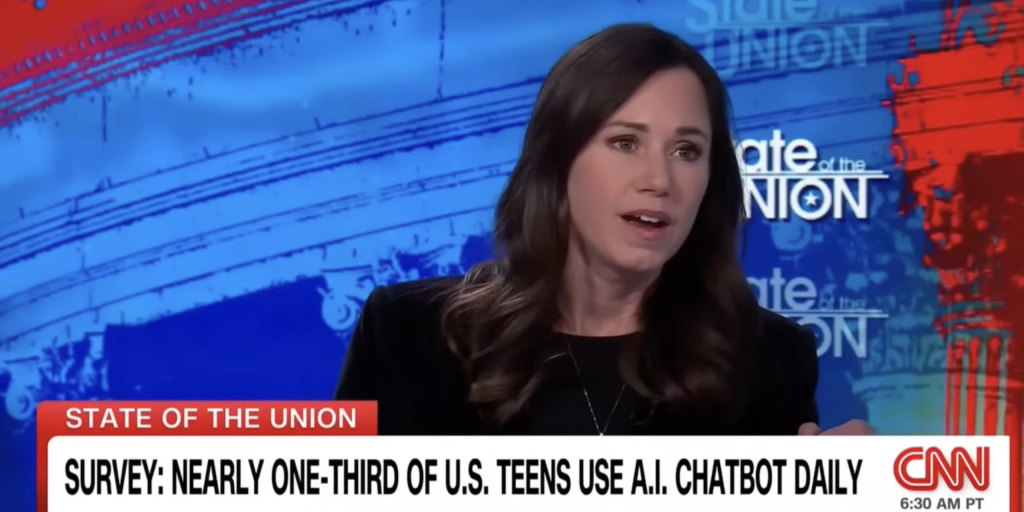
A recent study from Dell Technologies contends that 85 percent of the jobs that will be around in 2030 do not yet exist. My son should graduate from high school in 2030, so what type of job market will he face? A very different one than I graduated into in Detroit.
Will there be jobs in the future? Yes, because we live in a world of scarcity, and so we will always want more than we can produce. Our skills and talents will allow us to produce goods and services even in a world with robots and artificial intelligence. Work will hopefully not be as long or hard as in the past.
The Dell study suggests that by 2030 the gig economy, which is just emerging now, will be the norm. They foresee businesses having independent contractors bid on narrowly defined tasks, a model loosely based on the TV series, “Shipping Wars.”
Whether gigs replace jobs, I strongly doubt that industry will ever again provide employment for hundreds of thousands over decades. This is what the auto industry provided in Detroit. Multiple generations of a family worked for the auto makers, and young people could expect to join them after graduating high school. The jobs paid very well too.
Other industries provided similarly, including steel plants and tire companies in the Midwest, and coal mines in Appalachia. Elsewhere oil fields, oil refineries, textile mills, and furniture factories provided the lifeblood of communities. Agriculture sustained rural communities. Railroads, trucking and teaching provided jobs across the nation.
Nature has always required humans to work hard to survive. For thousands of years, almost everyone had to hunt, fish, or farm. Progress now allows one percent of workers to feed America. The Industrial Revolution harnessed steam power to launch manufacturing and created factory jobs for erstwhile farmers. Textile mills, railroads, and auto plants employed steadily for decades.
Consequently, most people have never had to look too hard to find work. Although an intrepid youth could always leave the farm, mine or factory and blaze new trails, the less intrepid still had plenty of jobs.
We are almost surely at the end of mass employment in stable job categories. Robots and artificial intelligence will automate routine physical and mental jobs, especially jobs needed in large numbers. Never again will so many people work on assembly lines for so long.
This will radically change the world for people who previously slid into readily available jobs. There will be more churn in employment, and few well-worn paths into jobs and careers. Constantly emerging and disappearing jobs will challenge high school guidance counselors.
Will people find or make new jobs for themselves? The early returns are not encouraging. The U.S. economy has experienced a sharp labor force participation decline – largely among working age men – over the past decade. And we have witnessed a horrendous epidemic of opiod abuse. Both have been worst in Appalachia and the Midwest. It appears that automation of coal and manufacturing jobs has produced despair, not excitement over unimaginable new opportunities.
What must change? A recent study argues that people need to learn how to harness their passions within the work world. This, I think, is totally on the mark. People are already turning their passions into remuneration, through craft production, providing special services, or jobs which align perfectly with their passions.
In the longer term, I am quite optimistic. Technology automates many jobs, but allows people to quickly learn – through blogs, podcasts, YouTube videos – about new ways to make a living. And business schools increasingly teach entrepreneurship. Creativity and innovation are the essence of entrepreneurship, and this mindset should help future job seekers devise new ways to make a living from their passions and interests.
Few people in human history have figured out a way to make a living. Not surprisingly, our schools have largely prepared young people for readily available jobs. I think we will adjust to a future where jobs are plentiful, but fleeting.
Daniel Sutter is the Charles G. Koch Professor of Economics with the Manuel H. Johnson Center for Political Economy at Troy University.











